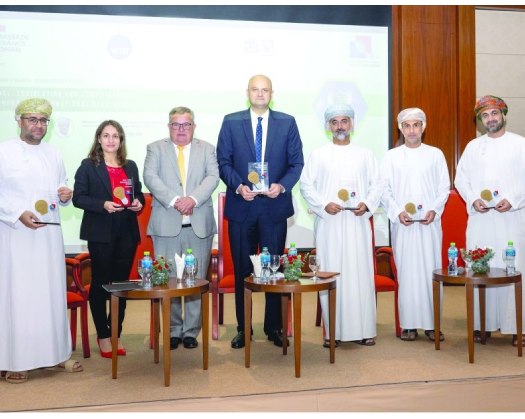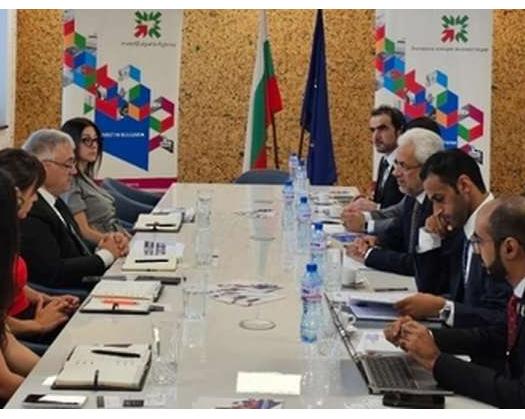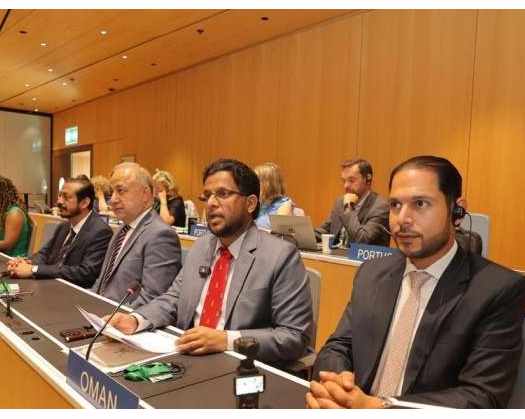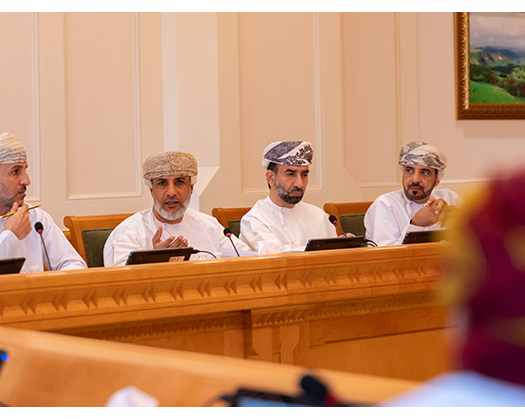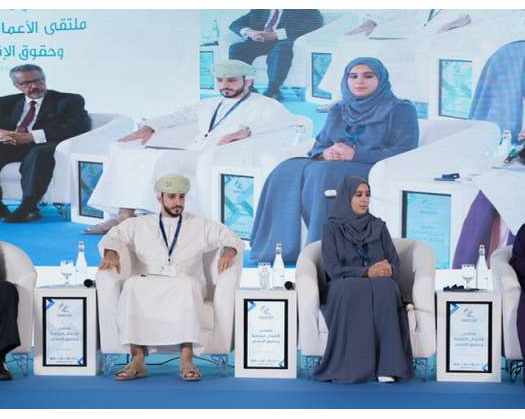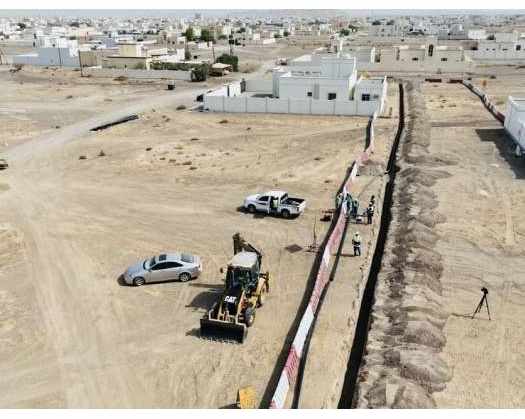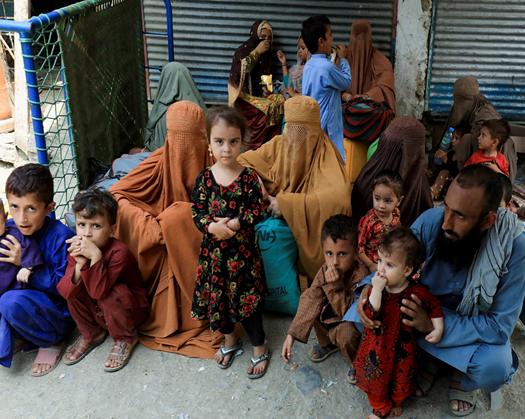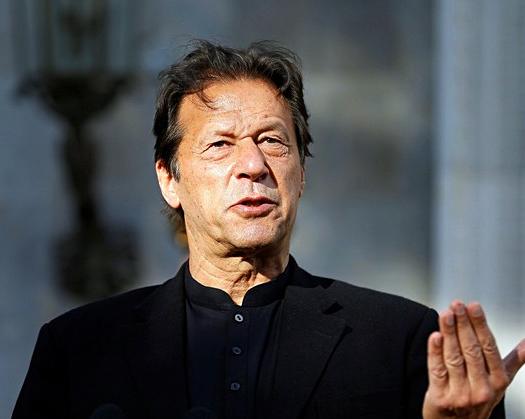The Oman Sustainability Centre (OSC), responsible for overseeing the implementation of the nation's Net Zero strategy, has initiated the development of two significant projects: a Carbon Market to facilitate carbon credit trading, and a platform for monitoring and reporting greenhouse gas (GHG) emissions.
Khalid Salim al Ghammari, the Project Director of OSC, highlighted that these projects are integral to the Centre's overarching objective of aiding Oman's transition to a Net Zero economy by 2050.
During a panel discussion organized by the Oman-French Association (OFA), Al Ghammari emphasized that the Centre has already commenced collaboration with various governmental bodies and stakeholders to strategize the achievement of its primary target.
He elaborated on the three main functions of the Centre: Firstly, providing guidance to policymakers, particularly the Ministry of Energy and Minerals, on the necessity of aligning decarbonization guidelines and regulations across diverse sectors of the economy.
Secondly, ensuring that industries emitting GHGs, as they decarbonize their operations, continue to contribute to the nation's economic progress.
Lastly, attaining the crucial Net Zero objective will require commitment from all sectors of the economy, as well as from the general public. OSC will focus on enhancing capabilities and raising awareness through initiatives spanning from schools to universities and the broader community.
Additionally, the Centre is set to develop an extensive carbon-reduction strategy spanning the next 25 years leading up to 2050. This strategy will involve close collaboration with all key stakeholders, including policymakers, industries, and corporate entities, as highlighted by the Project Director. He emphasized that the focus will be on achieving decarbonization through the implementation of cutting-edge technologies and creative solutions, ensuring that industries do not perceive carbon mitigation as a hindrance.
Moreover, in line with decarbonization endeavors, the Centre will pinpoint emerging business prospects that can be leveraged throughout the transition process. These opportunities, particularly in the realm of carbon capture and utilization, will not only stimulate economic advancement but also facilitate job creation, he emphasized.
In line with OSC's comprehensive mandate, the Centre has been working in partnership with the Ministry of Finance to craft a Sustainable Finance Framework aimed at facilitating green finance for clean energy and carbon-mitigation ventures. Simultaneously, efforts to capitalize on carbon credits associated with clean energy and decarbonization initiatives will be actively pursued, he mentioned, while also highlighting the establishment of a new carbon market framework.
Furthermore, the Centre is aiming to collaborate with the Ministry of Energy and Minerals to establish carbon certification standards that will benefit Omani exporters looking to access markets such as the United States, European Union, and Japan. The objective is to assist local industries in navigating the complex regulatory frameworks that are expected to be in place in these regions.
Another significant project that is already progressing is the development of a platform to help industries and businesses measure their greenhouse gas (GHG) emissions. This platform is designed to promote transparency in decarbonization efforts and will be particularly valuable when the Capital Market Authority (CMA) starts enforcing ESG disclosure guidelines for publicly listed companies in 2025.
Al Ghammari was accompanied by Goran Gramatikov, Global Business Development Manager at Apave; Nahla Abid-Gribaa, Vice President at Bureau Veritas; Dr Firas al Abduwani, Director General for Renewables and Hydrogen at the Ministry of Energy and Minerals; and Dr Abdullah al Abri, Oman Consultant at IEA, in the panel discussion. Dr Khalil al Hanashi, Coordinator of the National Hydrogen Alliance (Hy-Fly), served as the moderator.

